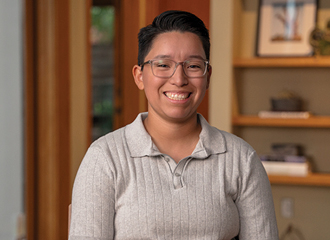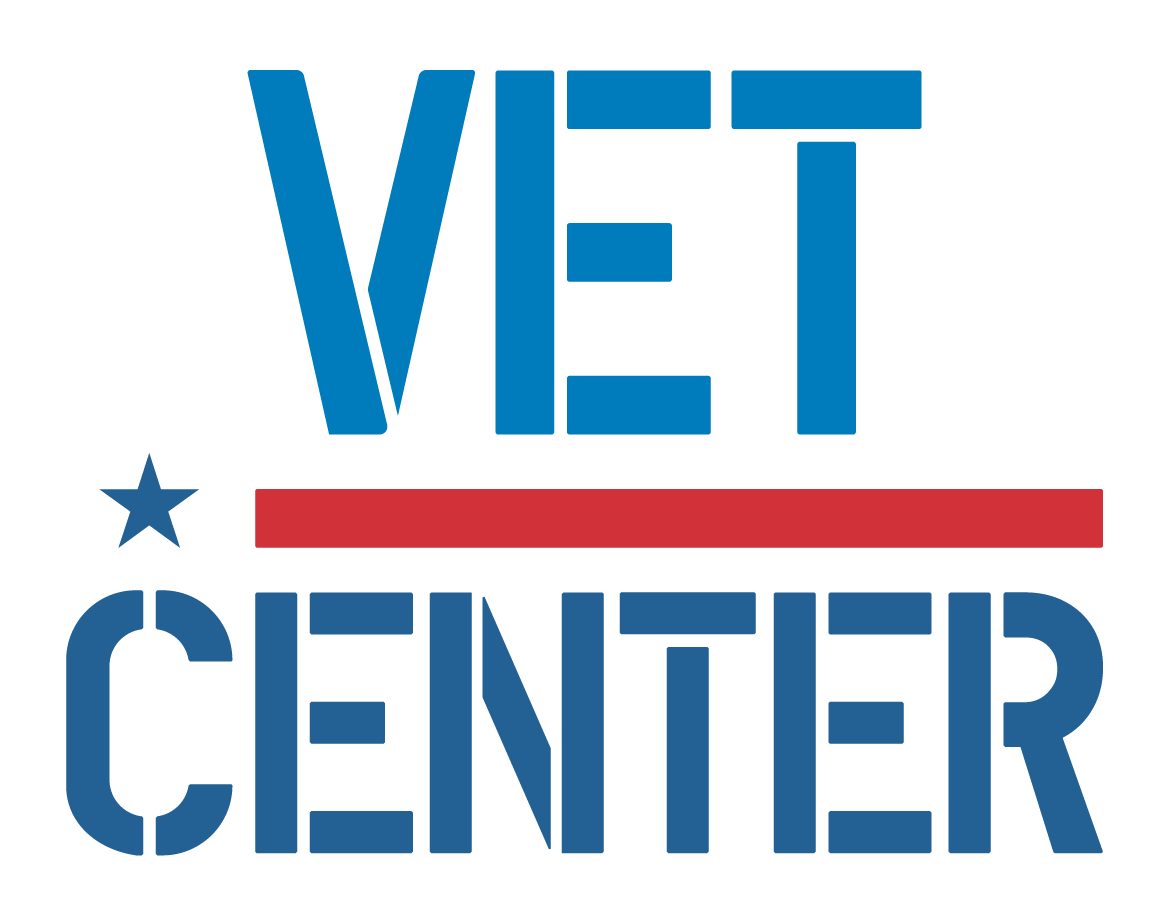As a Veteran who identifies as LGBTQ+, you may have faced discrimination or other challenges throughout various stages of your life. For example, some people hear anti-LGBTQ+ comments or have had interactions that make them feel unsafe disclosing their sexual orientation. Others may have experienced discrimination or even trauma when they came out. Some Veterans have faced pressures to hide their identity, particularly during their military service. Others have wrestled with stress in deciding whether and when to come out to family members, friends, or fellow Veterans.
Although coming out may be daunting, hiding your sexual orientation is also stressful and can be harmful to your health. VA understands these challenges and wants to help you focus on improving your quality of life. There are resources that can help.
VA is dedicated to being a leader in health care for LGBTQ+ Veterans and provides high-quality care in a sensitive, respectful environment, including support and resources for: mental health challenges; tobacco/alcohol/substance use; sexually transmitted infections; prostate, testicular, colon, anal, breast, ovarian, cervical, and uterine cancers; and fitness and heart health. In addition, VA’s patient care policy prohibits discrimination for any reason.
It is important for you to know there are VA policies that protect your rights as a Veteran who identifies as LGBTQ+. You cannot be denied services or benefits at VA because of your identity.
No. Your conversations and the information you share with your VA provider are confidential. You can also ask that this information not be entered into your medical record. However, medically necessary information, such as a diagnosis, must be included in your medical record to ensure that your providers have a complete picture of your health and that you're receiving the best care possible.
Finding a provider you are comfortable with is essential to your health and wellness. If you're not comfortable with your VA provider or don't feel you are being provided compassionate care, please contact your facility’s Patient Advocate and/or the LGBTQ+ Veteran Care Coordinator.
Studies have shown that Veterans who identify as LGBTQ+ are at an increased risk for elevated levels of stress. This stress can increase the risk for certain mental and physical health conditions.
As a group, Veterans who identify as LGBTQ+ have elevated rates of the following behaviors and conditions that can affect their health:
- Smoking, problem drinking, and substance use
- Anxiety, trauma exposure, and depression
- Sexually transmitted diseases, including HIV infection
- Some cancers
Veterans who identify as LGBTQ+ can also face forms of bigotry and discrimination that can cause the loss of employment, housing, child custody, or physical or sexual assault. These challenges and events can also lead to stress and anxiety, as well as social withdrawal and low self-esteem.
Every day, Veterans from all military service branches and eras connect with proven resources and effective treatments. Here’s how to take the next step: the one that’s right for you.
New to VA? Apply for health care benefits.
- Getting started is simple. Create a free account online to help ease your enrollment process. To prepare to apply for VA health care in person, by telephone, or by mail, explore VA’s “How to Apply for VA Health Care” page.
- Not sure whether you are eligible for VA health care benefits? Read about eligibility for VA health care.
- Unsure of what kind of help you need? Call 877-222-VETS (877-222-8387) to find the right resources to meet your needs, Monday through Friday, 8:00 a.m. to 8:00 p.m. ET. If you have hearing loss, call TTY: 800-877-8339.
- Veterans’ family members and caregivers can see whether they qualify for VA medical benefits as a spouse, surviving spouse, dependent child, or caregiver. Explore family and caregiver health benefits.
Already enrolled in VA and interested in mental health support? Schedule a mental health appointment.
- If you’re already enrolled in and using VA health care, the fastest way to schedule VA appointments is to call the VA facility where you want to receive care.
- With VA appointments tools, you can schedule some VA health care appointments online, view details about upcoming appointments, and organize your health care calendar.
- If you’re not using VA medical services, contact your nearest VA medical center or Vet Center to talk about your needs.
What about other options at VA? VA offers a variety of tools and resources.
- The Veteran Training online self-help portal includes modules on managing anger, developing parenting and problem-solving skills, and more.
- Mental health apps for Veterans cover a variety of topics, ranging from PTSD to anger management to quitting smoking.
- VA TeleMental Health connects you with a VA mental health provider through a computer or mobile device in your home or at your nearest VA health facility. You can learn more about this option from your local VA medical center.
- Community-based Vet Centers provide confidential counseling, community engagement and referral services to eligible individuals and their families. You don’t need to be enrolled in VA healthcare or have a service connection to receive services. Find a Vet Center near you or call 877-927-8387, 24/7 to talk with a fellow Veteran about your experiences.
What about support outside of VA?
FindTreatment.gov and the National Resource Directory list programs outside of VA. Use these tools to find resources near you.











